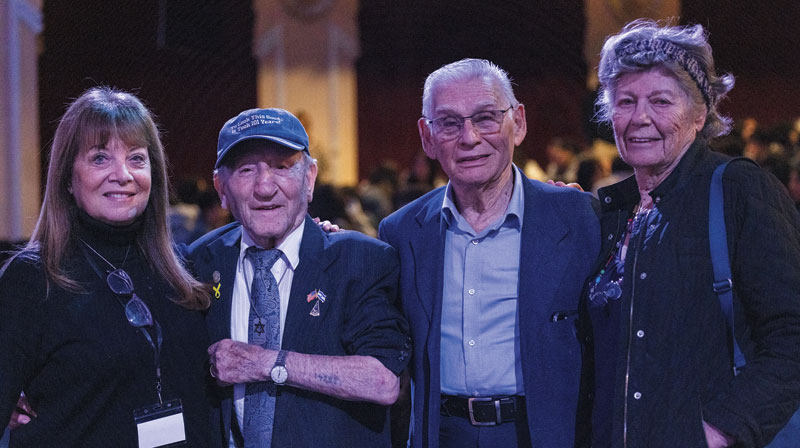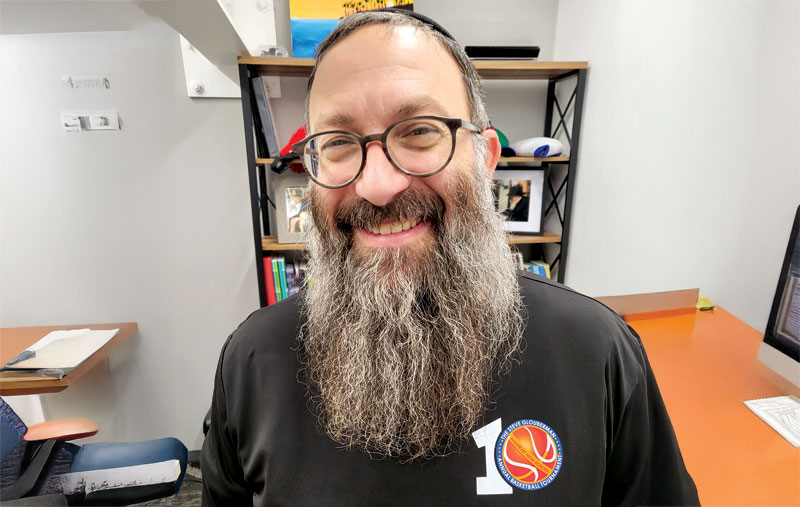When my grandson stands at the Kotel…I will remind him that whatever divides us…it will be my generation’s responsibility to guarantee that he gets the tools for Jewish survival, and it will be his generation’s responsibility to determine how those tools are used
We are rapidly approaching a momentous occasion — the 50th anniversary of Israel. It should be a time for unquestioned Jewish pride and Jewish unity. Yet this may not be the case.
My grandson, a recent bar mitzvah, is the child of a mother who was converted to Judaism by a Conservative rabbi. When I take him to Israel this summer, he will, hopefully, begin to understand more about our Jewish state. Perhaps he will ask about the Law of Return, under which he is eligible to make aliyah someday, if he so chooses. Maybe he will ask why, under Israeli law, he could not marry a Jewish woman in Israel or be buried in consecrated ground in Israel. Or how do I explain to him why, as a Jew born of a mother who was converted by a Conservative rabbi, he would have to undergo a conversion — an Orthodox conversion — to enjoy these benefits.
When the state was formed in 1948, there was great controversy as to how it could bring together Jews from diverse backgrounds and ideologies. It was decided by Israel’s founding fathers that it would be a democracy, but civil matters having to do with marriage, divorce, burial and conversion would be entrusted to the chief rabbinate of Israel. This has been the law in Israel for almost 50 years, but it is little understood in the United States.
Until recently, with the tremendous influx of Russian olim — many of whom are of mixed parentage — these concerns impacted only a handful of Israelis. Although some in Israel do not feel comfortable with the “status quo” and have worked around it, they aren’t necessarily negatively affected by it.
But here in the United States, the situation is radically different and has far-reaching ramifications. A vast majority of American Jews, if they are affiliated at all, are not Orthodox. Nonetheless, they identify positively as Jews, strongly support Israel and feel part of our community. Judaism is an important part of who they are. They reflect Judaic values, and many proudly maintain our traditions and pass them on to their children.
In 70 A.D., with the destruction of the Second Temple by the Romans, aided and abetted by incredible hatred and divisiveness among Jews, we were dispersed throughout the world. Historians disagree on how we survived, but some think that we were held together by our deep desire to






















 More news and opinions than at a Shabbat dinner, right in your inbox.
More news and opinions than at a Shabbat dinner, right in your inbox.